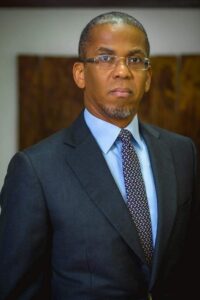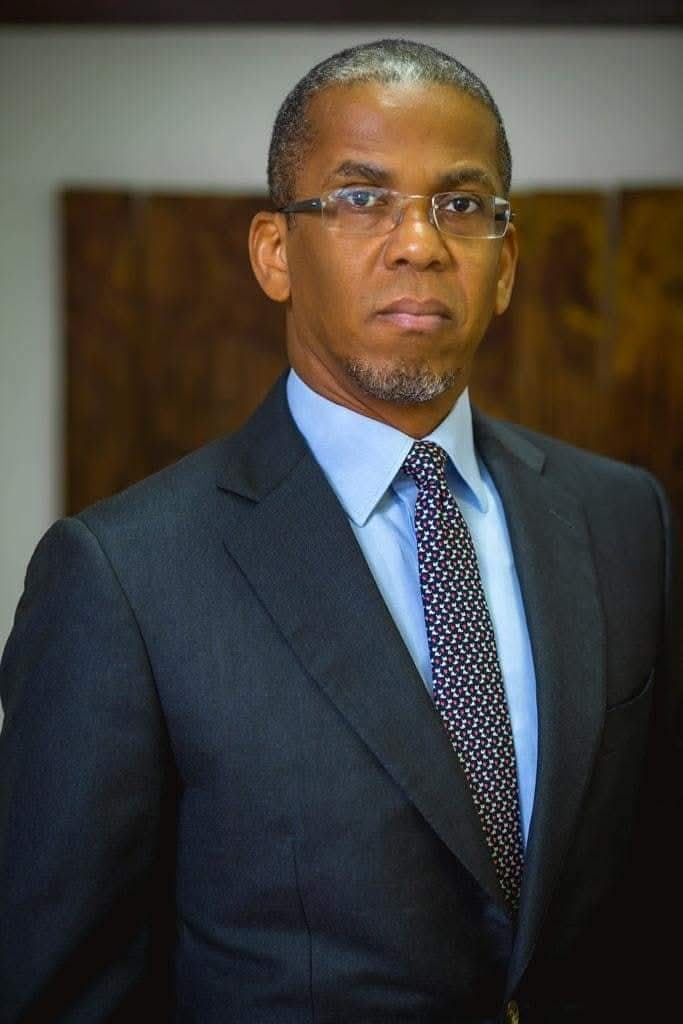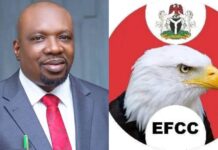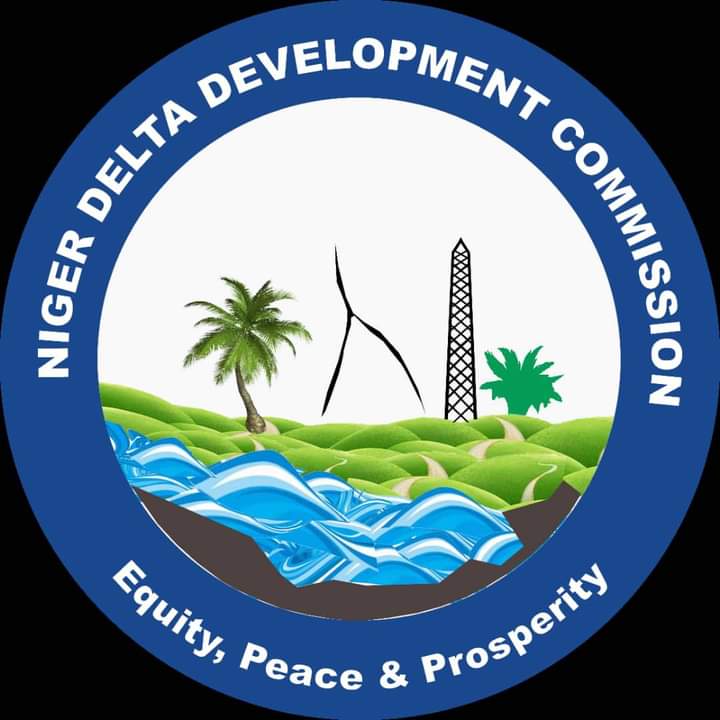By Dr. Joseph Tedwins Emudainohwo
Senator Ede Dafinone attended the public hearing in Ikot Ekpene, Akwa Ibom State, as part of a select group of senators overseeing bills for the creation of new states in the South-South region. Over the course of nearly six hours of deliberations on the first day, Dafinone spoke only once—introducing himself briefly—before remaining silent for the rest of the engagement.
During the session, the bill for the creation of Anioma State was presented and received robust applause. Another proposal for a state for the Itsekiri and Ilaje people also attracted discussion. However, a bill for a state in Akwa Ibom was strongly opposed. Notably, throughout the two-day public hearing held on July 4–5, 2025, in Ikot Ekpene, the bill for the creation of Ethiope State was not mentioned at all. Senator Dafinone neither raised the issue nor made any declaration of support for it.
When a similar public hearing later took place on July 19, 2025, in Yenagoa, Bayelsa State—organized by the House of Representatives—the bill for Ethiope State, sponsored by Hon. Benedict Etanabene of Okpe/Sapele/Uvwie Federal Constituency, finally received attention. By then, however, it had become clear that the initiative had been abandoned by Senator Dafinone himself.

The promoters of Ethiope State had initially approached him to sponsor the bill, but he declined—claiming his prior commitment to Anioma State’s creation prevented him from supporting another. This argument falls flat: there is no inherent conflict between backing Anioma State and advocating for a state that directly serves his own constituents. In fact, his own words underline the contradiction:
“While we qualify for our own state, we stand with our Anioma brothers and sisters. This is not about drawing lines; it is about reimagining the federation with justice at its core.”
If Dafinone, as senator for Delta Central, could see “justice” in Anioma State’s cause but refused to champion Ethiope State for the Urhobo people, one must ask: why should the Urhobo keep him as their senator? If his loyalty lies with Anioma, shouldn’t he move there? More puzzling still is why his defenders attempt to spin his late and half-hearted mention of Ethiope State as some sort of achievement.
A Track Record of Weak Representation
Since assuming office, Senator Dafinone’s tenure has been riddled with flaws—sluggishness, indecision, and a lack of commitment to the Urhobo cause. The Urhobo voice in the Senate, once expected to be loud and assertive, has been muted under his watch. This is uncharacteristic of Urhobos, a people known for being vibrant, outspoken, and uncompromising in defending their interests.
Unlike his peers, Senator Dafinone does not chair any committee. He excuses this by citing the limitations of being a first-term senator. Yet many of his fellow first-term colleagues occupy key positions: Senator Ned Nwoko (Delta North) chairs the Senate Committee on Refinery Maintenance and Probe as well as the Ad-hoc Committee on Crude Oil Theft, while Senator Joel Onowakpo-Thomas (Delta South) chairs the Senate Committee on Local Content.
If lack of experience explains his absence from leadership roles, what then accounts for his lethargy in other areas? Where are his contributions to budget debates, given his acclaimed expertise as a chartered accountant? How often has he amplified the needs of Delta Central on the Senate floor?
Misplaced Claims of Achievement
Some apologists point to constituency projects as proof of his effectiveness. But every senator receives an allocation for such projects; delivering them is a statutory duty, not a mark of excellence. Real achievement comes from attracting additional projects, resources, or benefits to one’s constituency—something Dafinone has not demonstrated.
The Senate is not a training ground; it is a platform for leadership and advocacy. The Urhobo cannot afford to wait while their senator “learns on the job.” In legislative work—debates, oversight, lobbying for appointments, shaping policy, securing funding—the people of Delta Central have seen little to justify Dafinone’s mandate.
A Costly Mistake for Urhobo
The truth is stark: electing Ede Dafinone to the Senate has been a costly mistake. Unlike his late father, Senator David Omueya Dafinone, he lacks the grit, boldness, and combative edge needed to thrive in Nigeria’s political terrain. Accounting credentials may impress on paper, but the Senate demands far more—political will, negotiation skills, and unwavering advocacy.
After more than two years of uninspiring representation, the Urhobo are paying the price. Dafinone’s silence, indecision, and misplaced priorities confirm that he is ill-suited for the role. He does not deserve a second term. The Urhobo need a senator who will fight relentlessly for their cause, ensure their voice is heard at the highest levels, and bring home tangible results—not excuses.
By Dr. Joseph Tedwins Emudainohwo writes from Abraka, Delta State












